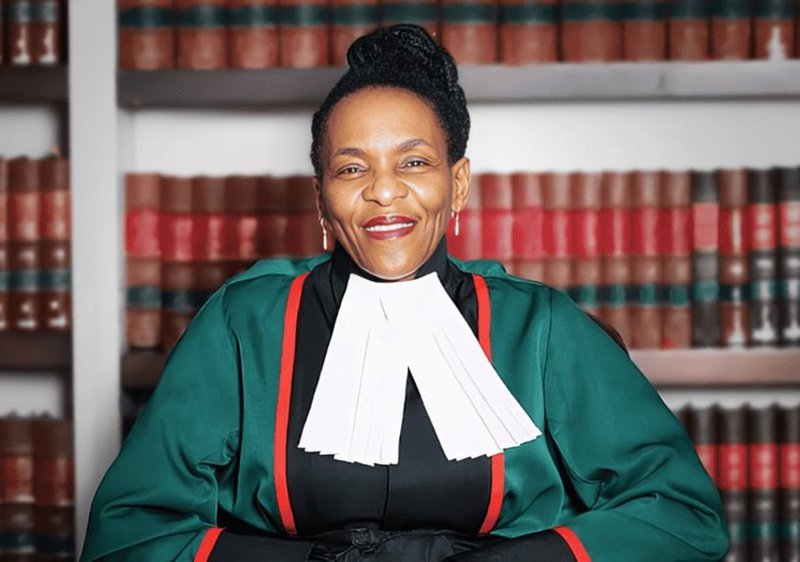News
Chief Justice Mandisa Maya Unveils Urgent Sexual Harassment Policy for South Africa’s Judiciary

A bold step on Women’s Day
While the nation celebrated Women’s Day on Saturday, Chief Justice Mandisa Maya made a powerful announcement: the Judiciary is launching a sexual harassment policy described as “necessary and urgent.” This isn’t just another rule on paper, it’s a firm declaration that the Judiciary is committed to rooting out abuses of power within its own chambers.
For many South Africans, the Judiciary represents the last bastion of fairness and justice. Maya’s announcement reminds us that justice must first be ensured at home before it can be delivered to society at large.
Why now?
The timing is significant. Recent high-profile cases, including the contentious trial of Eastern Cape Judge President Selby Mbenenge, have cast a shadow on the courts, exposing fractures in trust and raising serious questions about conduct behind the scenes.
Maya’s policy is designed to confront these issues head-on. “Sexual harassment is a gross abuse of power, a denial of equality, and a stain on the legitimacy of the courts,” she said, emphasizing that the integrity of the judicial system depends on how it treats its own people.
What the policy promises
At its core, the policy establishes zero tolerance for sexual harassment, whether committed by judges, magistrates, court staff, or any individual involved with the judiciary.
It sets out clear, confidential processes for reporting complaints and guarantees protection from retaliation, ensuring victims can come forward without fear. Accountability measures and disciplinary actions will follow swiftly for offenders, aiming to rebuild trust and respect within judicial institutions.
Upholding constitutional values and public trust
Maya framed this policy as a “covenant with the people of South Africa,” a pledge that the Judiciary will uphold the highest standards of integrity, in line with the Bangalore Principles of Judicial Conduct and South Africa’s own codes.
This move is a reminder that courts are not just legal arenas but symbols of constitutional values—human dignity, equality, and justice. When harassment occurs inside the Judiciary, it undermines the rule of law itself and chips away at public confidence.
Public reaction and cultural context
Across social media, the announcement was welcomed as a long-overdue step, with many South Africans calling for transparency and swift action. Women’s Day 2025, often marked by calls for safety and respect, now also spotlights the need for reform within powerful institutions.
The policy’s success will depend on genuine commitment and enforcement, not just words. South Africa’s history of struggle for equality adds gravity to this effort; institutions charged with upholding justice must lead by example or risk losing legitimacy altogether.
{Source: The Citizen}
Follow Joburg ETC on Facebook, Twitter , TikTok and Instagram
For more News in Johannesburg, visit joburgetc.com



























